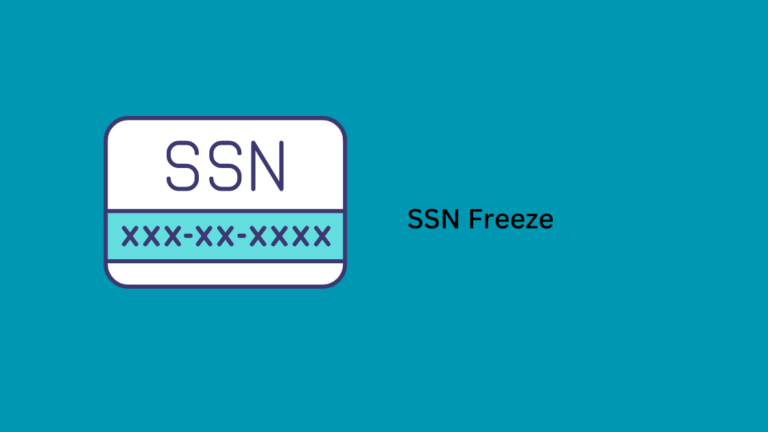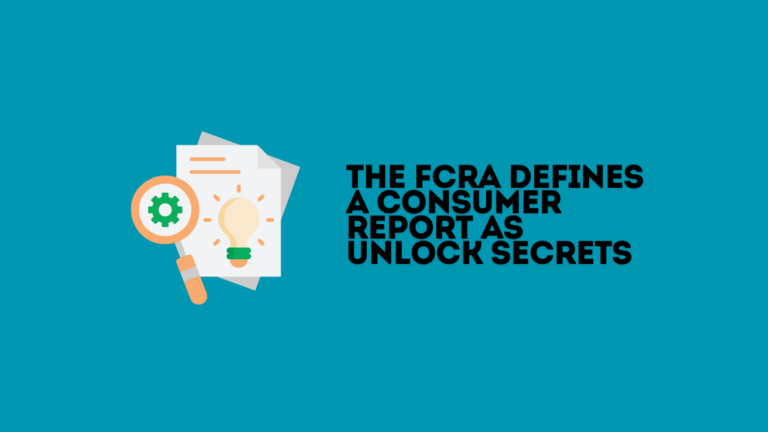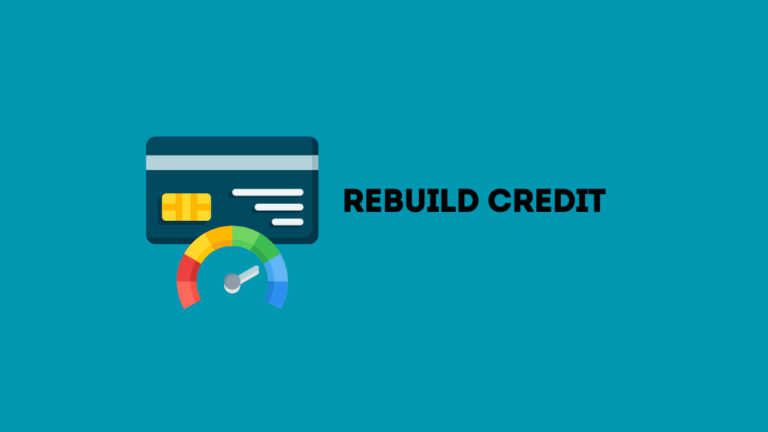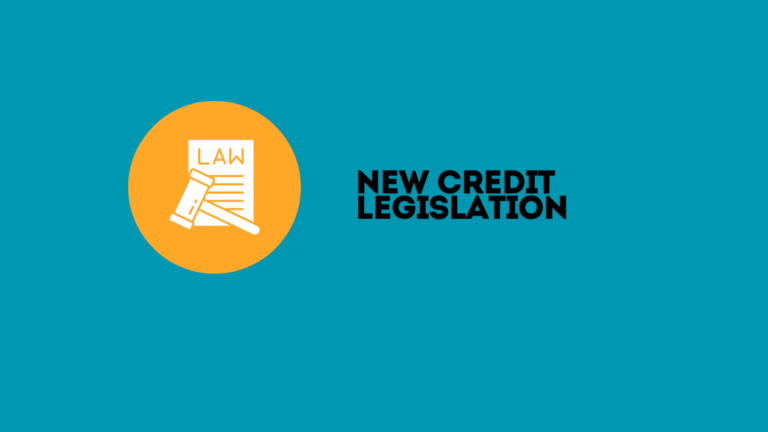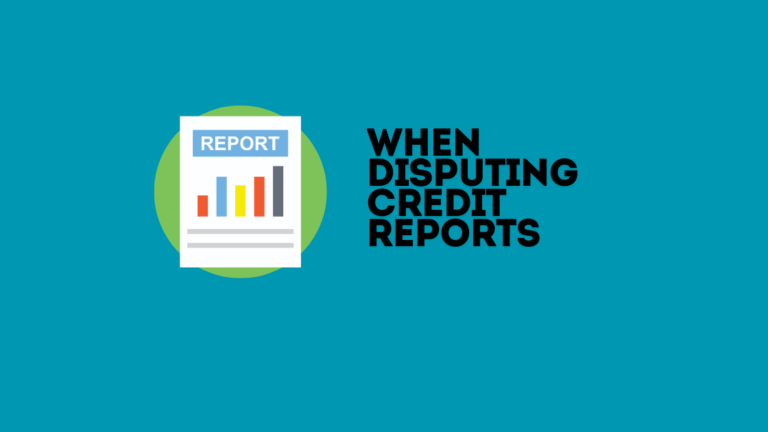How to Fix My Credit to Buy a House: Pro Tips
To fix your credit to buy a house, start by checking your credit report for errors and paying down debts. Consistently make timely payments and avoid new credit inquiries.
Buying a house is a significant milestone that requires good credit. A healthy credit score opens doors to better mortgage rates and terms. Start by accessing your credit report from all three major bureaus: Experian, TransUnion, and Equifax. Look for any discrepancies or errors and dispute them promptly.
Paying down existing debts is crucial; prioritize high-interest debts first. Timely payments significantly boost your credit score, so set reminders or automate payments. Avoid applying for new credit cards or loans, as these can negatively impact your score. With diligence and consistency, you can improve your credit score and be in a strong position to buy a house.

Credit: www.creditinfocenter.com
Credit Scores And Home Buying
Buying a house is a significant milestone. Your credit score plays a crucial role in this journey. Lenders use it to assess your financial health. Understanding your credit score can help you secure a favorable mortgage rate.
Importance Of Credit In Mortgage Approval
Your credit score influences mortgage approval. Lenders evaluate your score to determine your risk level. A higher score shows you are reliable. It increases your chances of getting approved. Conversely, a low score can hinder your approval chances. Ensuring your score is in good shape is vital.
- Low Scores: This may result in higher interest rates.
- High Scores: Often lead to lower interest rates.
- Approval Chances: Higher scores improve approval odds.
Ideal Credit Score Range For Home Buyers
Knowing the ideal credit score range helps you prepare better. A score above 700 is generally favorable. Here’s a breakdown:
| Credit Score Range | Impact on Mortgage |
|---|---|
| 760 and above | Best rates and terms |
| 700 – 759 | Good rates and terms |
| 650 – 699 | Moderate rates and terms |
| 600 – 649 | Higher rates and stricter terms |
| Below 600 | Challenging to get approved |
Strive to keep your score above 700. It makes home buying smoother. Regularly check your credit report. Correct any errors promptly. Improving your score takes time, so start early. Follow good financial habits to maintain a healthy score.
Starting With Credit Reports
To buy a house, you need a good credit score. Start by checking your credit reports. This step is crucial for understanding your credit health. It helps you spot errors and areas for improvement.
Obtaining Your Credit Report
You can get a free credit report from three main bureaus. These bureaus are Equifax, Experian, and TransUnion. You are allowed one free report from each bureau every year.
Once you have your reports, review them carefully. Look at each section for any inaccuracies. Pay special attention to your personal information, account history, and public records.
Identifying Errors And Discrepancies
Errors in your credit report can lower your credit score. Common errors include incorrect personal details or wrong account information. To identify errors, compare the details in your report with your records.
Here are some common errors to look for:
- Misspelled names or incorrect addresses
- Accounts that do not belong to you
- Incorrect account balances
- Duplicate accounts
- Wrong payment status
If you find an error, report it immediately. Each credit bureau has a process for disputes. Follow their instructions to correct mistakes quickly. Fixing these errors can improve your credit score.
Strategies For Credit Repair
Fixing your credit is crucial to buying a house. Use effective strategies to improve your credit score. These methods will set you on the right path.
Debt Reduction Techniques
Reducing debt is essential for credit repair. Focus on paying off high-interest debts first. This is known as the avalanche method.
- List all your debts from highest to lowest interest rate.
- Pay minimum amounts on lower-interest debts.
- Allocate extra funds to the highest-interest debt.
Another technique is the snowball method. Pay off the smallest debts first. This builds momentum and motivation.
- Start with your smallest debt.
- Pay it off quickly.
- Move to the next smallest debt.
Negotiating With Creditors
Negotiating with creditors can lower your debt. Contact them directly. Explain your situation and request a lower interest rate.
| Step | Action |
|---|---|
| 1 | Gather your financial information. |
| 2 | Contact your creditor’s customer service. |
| 3 | Explain your financial difficulties. |
| 4 | Request a reduction in your interest rate. |
Negotiation can also involve payment plans. Ask for a more manageable payment schedule. Creditors may agree to this if it ensures they get paid.

Credit: waterscapetexas.com
Improving Payment History
Improving your payment history is crucial for boosting your credit score. A good payment history shows lenders you are reliable. It also increases your chances of getting a home loan. Below, we discuss some practical steps to enhance your payment history.
Setting Up Payment Reminders
Setting up payment reminders helps you avoid late payments. You can use your phone’s calendar app for reminders. Apps like Mint or YNAB also offer this feature. Consistent reminders ensure you never miss a due date.
Payment reminders can be set to alert you a few days before the due date. This gives you time to arrange funds and make the payment on time. You can also set reminders for multiple bills.
| App | Reminder Feature |
|---|---|
| Mint | Bill Reminders |
| YNAB | Budget Alerts |
| Google Calendar | Event Reminders |
Benefits Of Automatic Payments
Automatic payments ensure your bills are always paid on time. This reduces the risk of late fees. It also helps improve your credit score over time.
Setting up automatic payments is simple. Most banks and service providers offer this option. You can set it up through your online banking portal or directly with the service provider.
- Reduces late payment risk
- Helps maintain a good credit score
- Saves time and effort
Automatic payments also offer peace of mind. You won’t have to worry about missing a payment. This is especially helpful for recurring bills like utilities and loans.
Credit Utilization And Its Impact
Credit utilization is a crucial part of your credit score. It tells lenders how much credit you use compared to your limit. A high credit utilization ratio can hurt your credit score. Lowering it can boost your score, making it easier to buy a house.
Calculating Your Credit Utilization Ratio
First, you need to calculate your credit utilization ratio. Here’s how to do it:
- Add up all your credit card balances.
- Add up all your credit limits.
- Divide the total balance by the total credit limit.
- Multiply the result by 100 to get a percentage.
For example, if your total balance is $3,000 and your total credit limit is $10,000, your credit utilization ratio is 30%.
Lowering Your Credit Utilization
Lowering your credit utilization can improve your credit score. Here are some strategies to help:
- Pay down your balances: Focus on paying off high-balance cards first.
- Request a credit limit increase: A higher limit can lower your ratio.
- Keep unused cards open: Closing cards can increase your ratio.
- Use multiple cards: Spread your expenses across several cards.
These steps can help reduce your credit utilization. By doing so, you can improve your credit score and get closer to buying your dream house.
Handling Collections And Past Due Accounts
Fixing your credit is vital for buying a house. It involves handling collections and past due accounts. These issues can hurt your credit score. Addressing them improves your chances of getting a mortgage. Let’s dive into effective strategies.
Dealing With Collections Agencies
Collections agencies can be persistent. Here are ways to handle them:
- Verify the debt: Request a validation letter.
- Negotiate a settlement: Offer a lump-sum payment.
- Set up a payment plan: Spread out payments over time.
- Get agreements in writing: Always have proof of the deal.
Always communicate in writing with collections agencies. This ensures you have a record of all interactions.
Strategies For Settling Past Due Balances
Past due balances can also drag down your credit score. Here are some strategies to settle them:
- Prioritize debts: Focus on high-interest or largest balances first.
- Contact creditors: Discuss your financial situation openly.
- Request a payment plan: Spread out the repayment to manage better.
- Seek professional help: Credit counseling agencies can assist.
By addressing past due balances, you improve your creditworthiness. This boosts your chances of getting a home loan.
Building A Stronger Credit Profile
Strengthening your credit profile is essential for buying a house. A robust credit profile increases your chances of loan approval. It also ensures better interest rates. Here’s how you can build a stronger credit profile.
Diversifying Your Credit Mix
Diversifying your credit mix is crucial. It shows lenders you manage different types of credit responsibly.
- Use credit cards wisely
- Consider an auto loan if needed
- Manage personal loans effectively
A varied credit mix can boost your credit score. It reflects well on your credit report. Lenders prefer borrowers with diverse credit backgrounds.
Importance Of Credit Age
Credit age significantly impacts your credit score. Older accounts show stability.
Keep old accounts open to maintain a longer credit history. Avoid closing old credit cards. Your oldest account adds to your credit age.
Here’s a simple table explaining the impact of credit age:
| Credit Age | Impact on Credit Score |
|---|---|
| 0-2 years | Low |
| 3-5 years | Moderate |
| 6+ years | High |
Longer credit age typically means a better score. Keep accounts open and active.

Credit: www.moneylion.com
Professional Credit Counseling And Repair Services
Buying a house is a huge milestone. Your credit score plays a key role in securing a mortgage. Professional credit counseling and repair services can help you fix your credit. These services offer expert guidance. They also provide customized plans to improve your credit score. Let’s dive into when to seek professional help and how to choose a reputable credit counselor.
When To Seek Professional Help
Knowing when to seek professional credit help is crucial. Look for these signs:
- Your credit score is below 600.
- You’re struggling with high debt.
- You have multiple overdue accounts.
- You feel overwhelmed managing your credit.
If these issues sound familiar, professional help may be necessary. Experts can offer personalized strategies. They can also negotiate with creditors on your behalf.
Choosing A Reputable Credit Counselor
Choosing a reputable credit counselor ensures you get quality service. Follow these tips:
- Check Credentials: Verify the counselor’s certifications. Look for certifications from the National Foundation for Credit Counseling (NFCC) or the Financial Counseling Association of America (FCAA).
- Read Reviews: Check online reviews and testimonials. Positive feedback indicates reliability and trustworthiness.
- Transparent Fees: Ensure the service has clear, upfront fees. Avoid services with hidden charges.
- Personalized Plans: A good counselor offers tailored plans. They should assess your unique financial situation.
- Free Consultation: Opt for services that offer a free consultation. This allows you to assess their approach without commitment.
Using these tips, you can find a counselor that meets your needs. Improving your credit score becomes easier with the right help.
Maintaining Good Credit For Future Purchases
Keeping your credit in good shape is crucial for future purchases. Whether buying a car or another house, a strong credit score helps. Here’s how you can maintain good credit.
Regular Monitoring Of Credit
Check your credit report often. This helps you spot errors. Fixing errors quickly protects your credit score.
Use free credit monitoring tools. These tools alert you to any changes. Knowing your credit score helps you stay on track.
Look at your credit report from all three bureaus. Equifax, Experian, and TransUnion may have different information. Correcting mistakes with all three is important.
Healthy Financial Habits To Uphold
Pay your bills on time. This is the most important factor for your credit score. Set up automatic payments to avoid missing due dates.
Keep your credit card balances low. High balances can hurt your credit score. Aim to use less than 30% of your credit limit.
Don’t open too many new accounts at once. Each new account affects your credit score. Apply for credit only when needed.
Maintain a mix of credit types. Having both installment loans and credit cards can be beneficial.
| Healthy Financial Habits | Why It’s Important |
|---|---|
| Pay bills on time | Affects payment history |
| Keep balances low | Reduces credit utilization |
| Limit new accounts | Prevents hard inquiries |
| Maintain credit mix | Shows diversified credit |
Can Residential Energy Credits Help Improve My Credit for Buying a House?
Residential energy credits can lower tax liability, freeing up funds to manage debt and improve credit scores. Maintaining good credit is crucial when applying for a mortgage. Following residential energy credit savings tips can help maximize benefits, making it easier to qualify for a home loan with better terms and interest rates.
Frequently Asked Questions
1. How Long Does It Take To Rebuild Credit To Buy A House?
Rebuilding credit to buy a house typically takes 6 months to 2 years. It depends on your financial habits. Consistently pay bills on time and reduce debt to improve your credit score faster. Regularly monitor your credit report for accuracy.
2. How Do I Clean Up My Credit To Buy A House?
Check your credit report for errors. Pay off outstanding debts. Reduce high credit card balances. Avoid new credit inquiries. Consistently pay bills on time.
3. How Do I Increase My Credit Score To Buy A House?
To increase your credit score, pay bills on time, reduce debt, avoid new credit inquiries, check credit reports for errors, and keep old accounts open.
4. What Credit Score Is Needed To Buy A $300k House?
A credit score of 620 or higher is typically needed to buy a $300K house. Higher scores offer better rates.
5. How Can I Improve My Credit Score?
Pay bills on time, reduce debt, and check for errors on your credit report regularly.
Conclusion
Achieving a good credit score is crucial for buying a house. Follow the steps outlined to improve your credit. Stay disciplined, monitor your credit report, and pay bills on time. With patience and persistence, you’ll reach your goal of homeownership.
Remember, a strong credit score opens doors to better mortgage rates.


